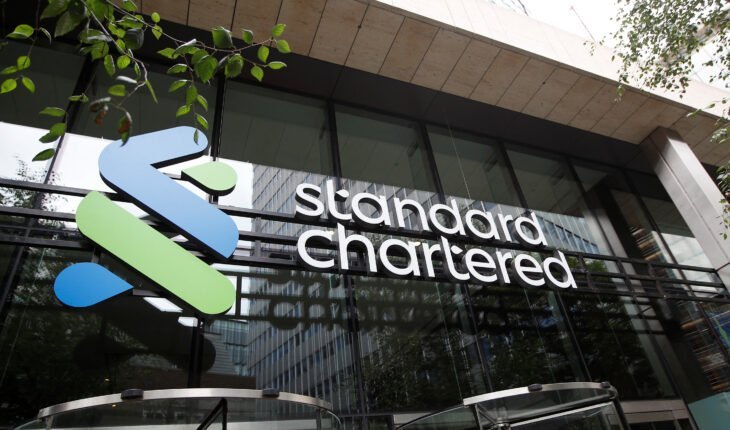India Among Top Two Sustainable Finance Markets for Standard Chartered
India ranks among the top two markets for Standard Chartered's sustainable finance, driven by government initiatives on net-zero emissions. The bank aims to generate $1 billion in sustainable finance income by 2025.

India Among Top Two Sustainable Finance Markets for Standard Chartered
Mumbai: India has emerged as one of the largest markets for sustainable lending for Standard Chartered, alongside China, according to the bank’s Chief Sustainability Officer (CSO) Marisa Drew. This growth is fueled by the Indian government’s initiatives aimed at achieving net-zero emissions, including its strong focus on electric vehicles, charging infrastructure, and renewable energy.
In an interview, Drew highlighted the enormous potential for sustainable finance in India, stating that Standard Chartered’s diversified customer base includes both large corporations and small businesses, as well as financial institutions. The bank offers a range of financial instruments like loans, bonds, and trade finance to support its clients’ sustainability goals.
Standard Chartered's Sustainability Targets
The British multinational bank has set an ambitious target of generating $1 billion in income from sustainable finance by 2025. By 2023, the bank had already achieved $720 million, with India and China being the primary contributors. Drew emphasized that the bank's lending focus will include hard-to-abate sectors such as metals and mining, aimed at reducing emissions, as well as renewable energy projects and emerging technologies like battery energy storage systems (BESS).
She also pointed out the significant investment opportunities presented by India’s focus on vertical integration within the renewable energy supply chain. This includes everything from manufacturing components for solar and wind energy farms to the consumption of renewable energy for industrial production.
Collaborative Efforts for a Sustainable Future
Drew, who previously led sustainability at Credit Suisse, stressed that the transition to a net-zero economy requires collaboration between multiple stakeholders. She explained that while private banks like Standard Chartered must consider commercial viability, they can also prioritize funding sustainable projects. Moreover, the bank is open to participating in projects alongside partners who provide catalytic capital, such as philanthropists, concessionary funds, and multilateral development banks.
The Importance of Adaptation Finance
Drew identified adaptation finance as a critical area of focus for Standard Chartered. This form of finance acknowledges that even if global warming is limited to 1.5 degrees Celsius in line with the Paris Agreement, there will still be significant climate change impacts to address. A white paper authored by Drew estimated that by 2030, 10 of the countries most vulnerable to climate change—including India, Bangladesh, China, and Pakistan—could face damages and lost economic growth amounting to $377 billion.
Drew argued that adaptation finance needs to become a priority for the private sector, as businesses that do not account for climate risks in their models could become stranded assets. She further explained that companies that integrate sustainability into their operations pose less risk to lenders, potentially qualifying them for preferential lending rates.
Click Here to Visit
What's Your Reaction?
















